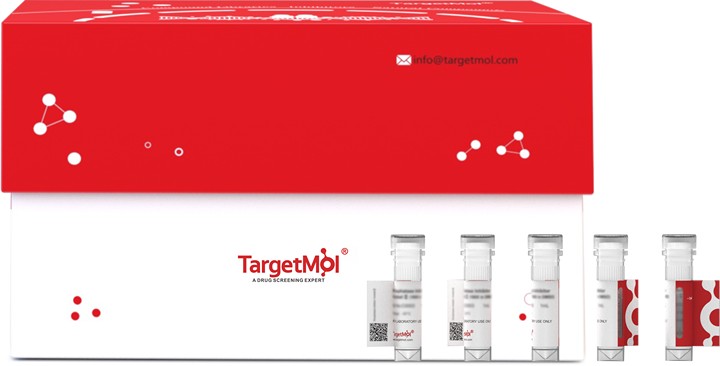Shopping Cart
Remove All Your shopping cart is currently empty
Your shopping cart is currently empty
Adiponectin Protein, Human, Recombinant (HEK293, His) is expressed in HEK293 Cells. The accession number is Q15848.

| Pack Size | Price | USA Warehouse | Global Warehouse | Quantity |
|---|---|---|---|---|
| 5 μg | $48 | 7-10 days | 7-10 days | |
| 10 μg | $76 | 7-10 days | 7-10 days | |
| 20 μg | $123 | 7-10 days | 7-10 days | |
| 50 μg | $238 | 7-10 days | 7-10 days | |
| 100 μg | $397 | 7-10 days | 7-10 days | |
| 200 μg | $679 | 7-10 days | 7-10 days | |
| 500 μg | $1,370 | 7-10 days | 7-10 days |
| Biological Activity | Activity has not been tested. It is theoretically active, but we cannot guarantee it. |
| Description | Adiponectin Protein, Human, Recombinant (HEK293, His) is expressed in HEK293 Cells. The accession number is Q15848. |
| Species | Human |
| Expression System | HEK293 Cells |
| Tag | C-His |
| Accession Number | Q15848 |
| Synonyms | GBP28,APM-1,APM1,ADPN,ADIPQTL1,adiponectin, C1Q and collagen domain containing,Adiponectin,ACRP30,ACDC |
| Construction | Glu19-Asn244 |
| Protein Purity | > 95% as determined by Tris-Bis PAGE; > 95% as determined by HPLC |
| Molecular Weight | 25.6 kDa (Predicted); 30-40 kDa (Due to glycosylation) |
| Endotoxin | < 1.0 EU/μg of the protein as determined by the LAL method. |
| Formulation | Lyophilized from 0.22 μm filtered solution in PBS (pH 7.4). Normally 8% trehalose is added as protectant before lyophilization. |
| Reconstitution | Reconstitute the lyophilized protein in sterile deionized water. The product concentration should not be less than 100 μg/mL. Before opening, centrifuge the tube to collect powder at the bottom. After adding the reconstitution buffer, avoid vortexing or pipetting for mixing. |
| Stability & Storage | Lyophilized powders can be stably stored for over 12 months, while liquid products can be stored for 6-12 months at -80°C. For reconstituted protein solutions, the solution can be stored at -20°C to -80°C for at least 3 months. Please avoid multiple freeze-thaw cycles and store products in aliquots. |
| Shipping | In general, Lyophilized powders are shipping with blue ice. Solutions are shipping with dry ice. |
| Research Background | Adiponectin, also known as Acrp30, is an adipocyte-derived protein with wide ranging paracrine and endocrine effects on metabolism and inflammation.Important adipokine involved in the control of fat metabolism and insulin sensitivity, with direct anti-diabetic, anti-atherogenic and anti-inflammatory activities. Stimulates AMPK phosphorylation and activation in the liver and the skeletal muscle, enhancing glucose utilization and fatty-acid combustion. Antagonizes TNF-alpha by negatively regulating its expression in various tissues such as liver and macrophages, and also by counteracting its effects. |
| Size | Quantity | Unit Price | Amount | Operation |
|---|

Copyright © 2015-2026 TargetMol Chemicals Inc. All Rights Reserved.